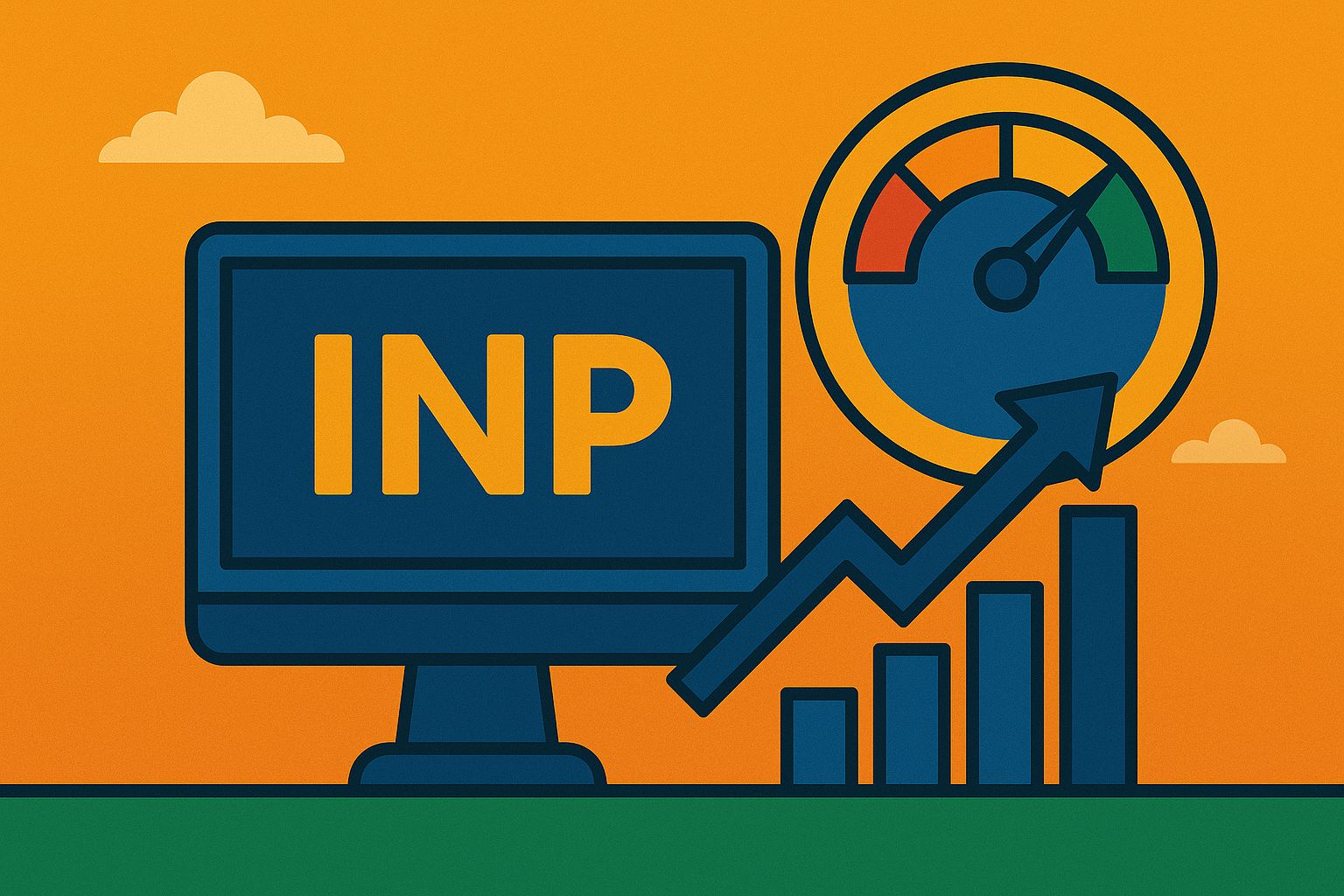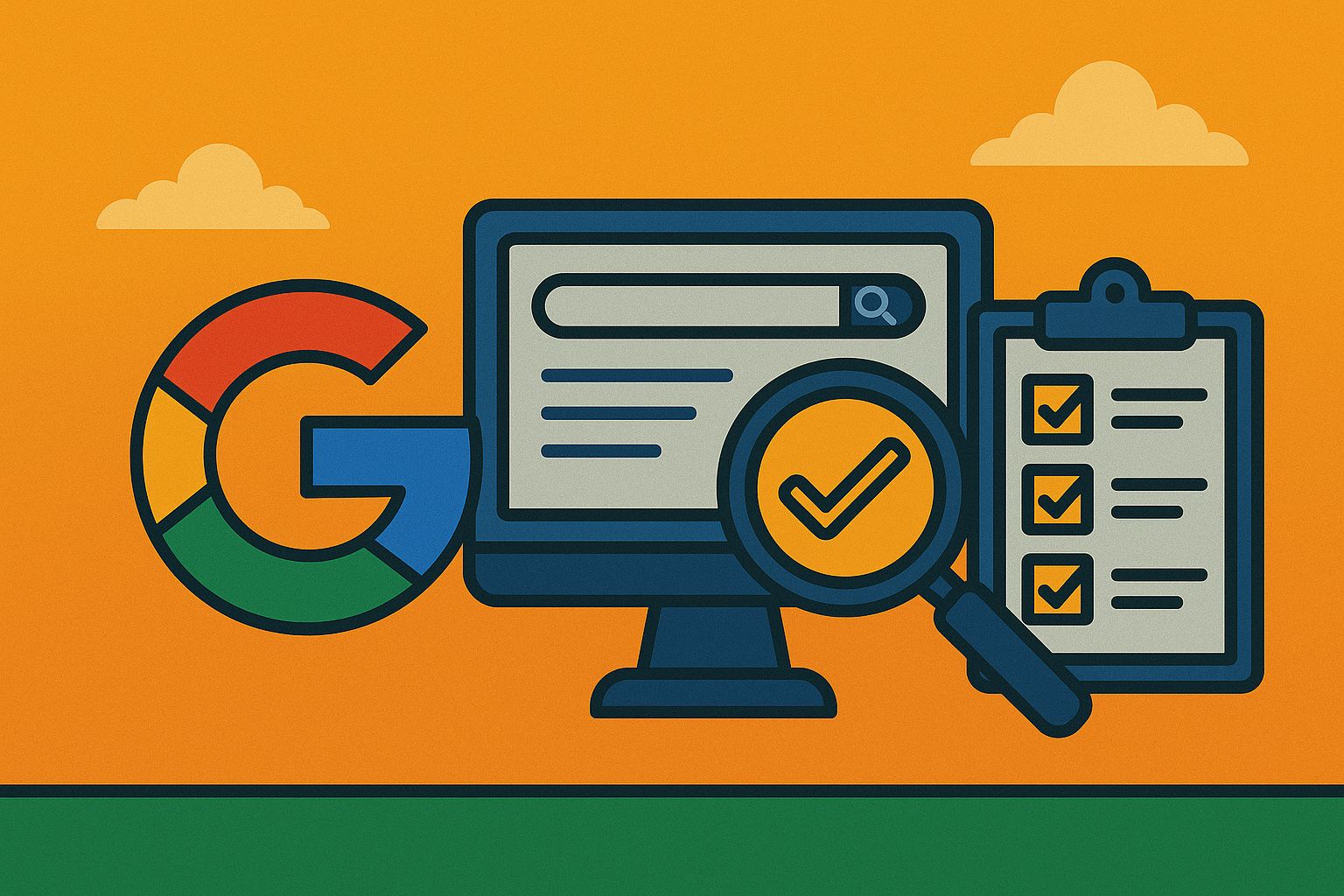In today’s interconnected world, the digital revolution has reshaped almost every aspect of business operations. From cloud computing to artificial intelligence, big data to the Internet of Things (IoT), the technological advancements of the 21st century have propelled businesses toward greater efficiency, innovation, and global reach. However, this digital transformation has also ushered in an era of unprecedented cyber threats. With businesses becoming increasingly reliant on digital infrastructure, the need to safeguard critical data and operations from cyberattacks has become paramount. Cybersecurity is no longer a niche concern or a departmental issue confined to the IT team; it has emerged as a critical business imperative that affects every facet of an organization’s functioning.
Cyberattacks are growing not just in number but in sophistication. From small businesses to global corporations, every organization, regardless of size, is vulnerable. Hackers and cybercriminals are leveraging cutting-edge technologies to carry out increasingly complex attacks. These attacks are no longer limited to simple data breaches; they now encompass ransomware, phishing, distributed denial of service (DDoS) attacks, and a multitude of other forms of malicious activity that can cripple businesses within minutes. The financial implications of these attacks are staggering, with the global cost of cybercrime predicted to reach over $10.5 trillion annually by 2025, according to a report by Cybersecurity Ventures. The rapid expansion of remote work, largely accelerated by the COVID-19 pandemic, has further complicated the cybersecurity landscape. As organizations shifted to remote working environments, cybercriminals exploited new vulnerabilities in home networks and personal devices. This shift in work patterns has exposed the need for robust, flexible cybersecurity strategies that can adapt to a more dispersed and remote workforce. Businesses that once focused on securing their on-premises infrastructure must now extend their cybersecurity efforts to protect remote employees, cloud-based platforms, and internet-enabled devices. One of the most significant impacts of cybersecurity breaches is the potential disruption of business continuity. In the digital era, where even the smallest operational hiccup can lead to substantial losses, ensuring uninterrupted service is crucial. A successful cyberattack can bring business operations to a standstill, resulting in lost revenue, damaged reputation, and diminished customer trust. For instance, ransomware attacks—where cybercriminals lock businesses out of their own data and demand payment for its release—have caused severe disruptions in recent years. In one high-profile case, the 2021 ransomware attack on the Colonial Pipeline caused widespread fuel shortages across the southeastern United States, highlighting the profound effects such breaches can have on both businesses and consumers.
In addition to business continuity, compliance with regulatory frameworks has become a driving factor behind the need for cybersecurity. Governments around the world have introduced stringent data protection laws designed to safeguard personal and sensitive information. For example, the European Union’s General Data Protection Regulation (GDPR) imposes strict penalties on businesses that fail to protect the data of EU citizens. Similarly, the California Consumer Privacy Act (CCPA) in the United States requires businesses to implement comprehensive cybersecurity measures to protect consumer data. Non-compliance with these regulations can result in hefty fines, lawsuits, and lasting damage to a company’s reputation. For businesses in the digital era, cybersecurity is also a means of building trust and enhancing their competitive advantage. In a world where data breaches are frequently making headlines, consumers are increasingly concerned about how their personal information is handled. A 2021 survey conducted by Cisco revealed that 84% of consumers care about the privacy of their data, and many are willing to switch to companies that prioritize cybersecurity. By investing in cybersecurity, businesses can differentiate themselves in the market, earn customer loyalty, and demonstrate their commitment to protecting consumer data. Furthermore, the rapid adoption of emerging technologies—such as IoT, cloud computing, and artificial intelligence—presents both opportunities and challenges for cybersecurity. While these technologies offer immense benefits in terms of efficiency and innovation, they also create new vulnerabilities and expand the attack surface for cybercriminals. For instance, IoT devices often lack robust security features, making them attractive targets for hackers. Cloud-based platforms, while scalable and cost-effective, can also be vulnerable if businesses fail to implement adequate security controls. As organizations continue to adopt these technologies, the need for advanced cybersecurity solutions that can address the unique challenges they pose becomes increasingly critical.
Ultimately, cybersecurity is not just a technological issue but a strategic business imperative. The risks posed by cyberattacks affect not only the IT department but also the entire organization, from finance to legal, operations to marketing. As the digital landscape continues to evolve, businesses must adopt a holistic approach to cybersecurity, ensuring that their defenses are not only reactive but also proactive. This includes investing in cutting-edge technologies, fostering a culture of cybersecurity awareness, and implementing comprehensive risk management strategies.
The Expanding Cyber Threat Landscape
As digital transformation accelerates, the threat landscape has expanded exponentially. Cybercriminals are becoming more sophisticated, leveraging advanced technologies like artificial intelligence (AI) and machine learning (ML) to conduct targeted attacks. These threats range from malware and ransomware to phishing schemes, distributed denial-of-service (DDoS) attacks, and data breaches. The sheer volume and variety of these attacks pose significant challenges to businesses across all sectors.
According to a report by IBM, the average cost of a data breach globally is $4.45 million, highlighting the financial toll that cyberattacks can have on organizations. These breaches not only result in financial losses but also damage the trust and loyalty of customers, suppliers, and stakeholders.
Additionally, the widespread adoption of remote work, fueled by the COVID-19 pandemic, has introduced new vulnerabilities. Employees working from home may not have the same level of security infrastructure as they do in-office environments, increasing the risk of attacks. This shift has made it imperative for businesses to prioritize cybersecurity measures that address both internal and external threats.
The Role of Cybersecurity in Business Continuity
One of the key reasons cybersecurity has become a business imperative is its direct connection to business continuity. In the digital era, organizations rely on seamless, uninterrupted operations to maintain productivity, customer service, and profitability. A single cyberattack can cause widespread disruption, leading to downtime, lost revenue, and reputational damage.
For instance, ransomware attacks, where attackers demand payment to unlock encrypted data, have wreaked havoc on organizations globally. In 2021, the Colonial Pipeline ransomware attack in the United States shut down a major fuel pipeline, causing widespread panic and fuel shortages. Such incidents highlight the far-reaching consequences of cyberattacks on business operations.
Investing in robust cybersecurity infrastructure and proactive monitoring is essential to prevent these disruptions. Businesses must implement measures such as encryption, multi-factor authentication, and regular security audits to ensure they can respond quickly to potential threats, minimizing downtime and ensuring continued operation.
Regulatory Compliance and Cybersecurity
In addition to safeguarding their operations, businesses must also navigate an increasingly complex regulatory landscape. Governments around the world have enacted data protection and privacy laws that require organizations to implement stringent cybersecurity practices. For example, the General Data Protection Regulation (GDPR) in the European Union mandates that businesses protect the personal data of EU citizens and report any data breaches within 72 hours. Failure to comply with such regulations can result in hefty fines, legal consequences, and reputational damage.
Similarly, in the United States, regulations such as the California Consumer Privacy Act (CCPA) and the Health Insurance Portability and Accountability Act (HIPAA) impose strict requirements on businesses to protect consumer data and health information. Compliance with these regulations is not optional; it is a legal necessity.
To meet these regulatory obligations, businesses must develop a comprehensive cybersecurity strategy that includes data encryption, secure storage, and regular risk assessments. Cybersecurity is not just a technical requirement but a business-critical aspect of legal compliance and governance.
Cybersecurity as a Trust-Building Tool
In the digital era, trust is an invaluable currency. Businesses that can demonstrate a strong commitment to protecting their customers’ data are more likely to build long-term relationships and gain a competitive advantage. Consumers are increasingly aware of the risks posed by data breaches and cyberattacks, and they demand that businesses take appropriate measures to safeguard their information.
A 2021 survey by Cisco found that 84% of consumers care about the privacy of their data, and 48% have switched companies because of data policies. This demonstrates that cybersecurity and data protection are no longer just technical concerns—they are central to customer trust and brand reputation.
For businesses, investing in cybersecurity measures such as end-to-end encryption, secure payment systems, and transparent data policies can significantly enhance their reputation in the marketplace. By demonstrating a proactive approach to cybersecurity, organizations can differentiate themselves from competitors, foster customer loyalty, and build a solid foundation of trust.
Emerging Technologies and Cybersecurity
As businesses adopt new technologies such as the Internet of Things (IoT), artificial intelligence (AI), and cloud computing, cybersecurity must evolve to keep pace. Each of these technologies introduces new vulnerabilities and expands the attack surface for cybercriminals. For instance, IoT devices—ranging from smart thermostats to industrial sensors—can be hacked to gain unauthorized access to critical systems.
Similarly, cloud-based services offer numerous benefits, including scalability and cost efficiency, but they also introduce unique security challenges. Cloud environments require businesses to implement robust identity and access management (IAM) protocols, secure data storage, and continuous monitoring to prevent unauthorized access.
Artificial intelligence, while a powerful tool for innovation, can also be used by cybercriminals to conduct more sophisticated attacks. AI-driven attacks can exploit vulnerabilities faster than traditional methods, making it harder for businesses to respond in real time.
To counter these threats, businesses must invest in advanced cybersecurity technologies that leverage AI and machine learning for threat detection and response. Automated security systems can analyze vast amounts of data to identify patterns and anomalies, enabling organizations to respond to threats more effectively and reduce the likelihood of successful attacks.
Employee Awareness and Cybersecurity Culture
One of the most critical components of a successful cybersecurity strategy is employee awareness. No matter how robust a business’s security infrastructure is, human error remains a significant vulnerability. Cybercriminals often target employees through phishing attacks, social engineering, and other tactics that exploit trust and naivety.
To mitigate this risk, businesses must foster a strong cybersecurity culture. Regular training and awareness programs can help employees recognize and respond to potential threats, such as suspicious emails or unauthorized access attempts. Implementing policies such as multi-factor authentication (MFA) and least-privilege access can also reduce the risk of internal breaches.
Creating a culture of cybersecurity within the organization encourages employees to take ownership of their role in protecting the business. This can lead to more vigilant behavior, fewer security incidents, and a more resilient organization.
Proactive vs. Reactive Cybersecurity
In the digital era, businesses must adopt a proactive approach to cybersecurity rather than a reactive one. Waiting for an attack to occur before addressing vulnerabilities is a risky strategy that can result in significant financial and reputational damage. Instead, businesses should prioritize proactive measures such as regular risk assessments, penetration testing, and continuous monitoring to identify and address potential threats before they escalate.
A proactive approach to cybersecurity also involves staying informed about the latest trends and developments in cyber threats. Cybercriminals are constantly evolving their tactics, and businesses must keep pace by regularly updating their security systems, protocols, and training programs.
Conclusion
Cybersecurity in the digital era is no longer a luxury or an afterthought—it is a crucial business imperative. As cyber threats continue to evolve in complexity and frequency, businesses must adopt a proactive, comprehensive approach to protecting their digital assets. From safeguarding customer trust and ensuring regulatory compliance to preserving business continuity, cybersecurity plays a vital role in the long-term success of any organization. In a world where data is the new currency, businesses must invest in the tools, technologies, and strategies that can keep their information safe from harm. Whether through advanced technologies like AI, fostering a cybersecurity culture among employees, or ensuring compliance with regulations, businesses must prioritize cybersecurity as a foundational element of their operations. Only then can they thrive in the digital era while mitigating the risks that come with it.




